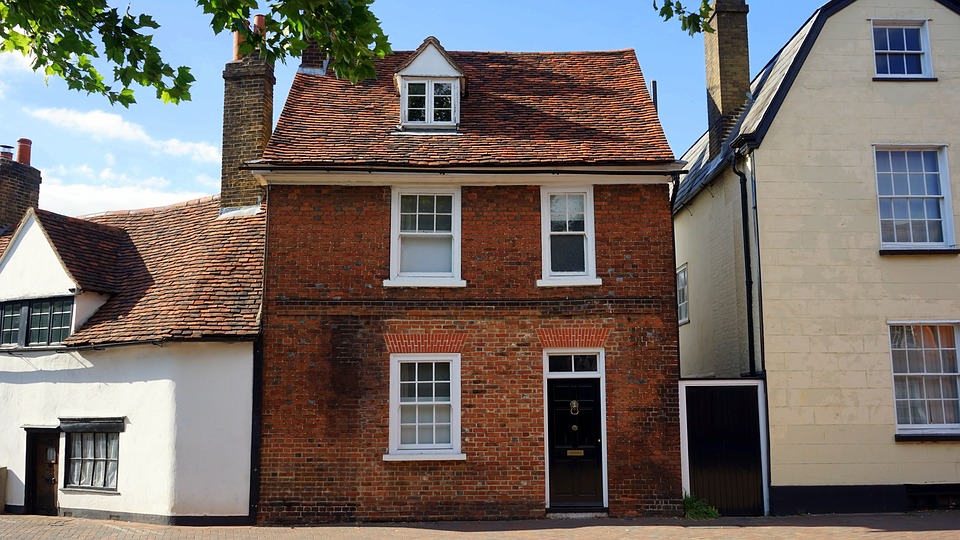The Royal Institution of Chartered Surveyors warns today that the UK housing market has a tough year ahead of it.
The RICS is forecasting that overall sales volumes will be down by around 5%, while house price growth is likely to stall – although lack of supply should prevent outright falls.
The RICS is also predicting that rental price growth will accelerate slightly next year, because of a declining availability of homes to let.
The organisation said that the housing market has lacked impetus this year, due to Brexit uncertainty, lack of homes on agents’ books, affordability issues, and the possibility of interest rate rises.
It says: “In the past two years sales activity has declined and annual completed transactions remain significantly below the 1.7m high in 2006.
“Given the obstacles in the current market it is anticipated that activity will weaken further.
“As sales activity continues to falter, house price growth will continue to fade in the first half of the year, and is expected to come to a standstill by mid-2019.”
Hew Edgar, head of policy at the RICS, said: “Looking at transaction levels, residential property taxation is in urgent need of review; and this goes for both SDLT and the current council tax system.
“Both affect buying behaviours and therefore market activity, with council tax being particularly outdated.
“If the Government wish to alleviate market concerns, that will persist Brexit or otherwise, then all possibly approaches and outcomes should be considered, including looking at tackling the rising number of long-term empty homes.
“These number 250,000 across the UK – a figure that borders on the Government’s new homes target.”
Belvoir agreed with the RICS forecast for next year, saying that in a market with falling property transactions more people will be likely to rent.
Chris Cooper, of London firm Berkshire Hathaway HomeServices Kay, said: “With uncertainty still swamping parts of the sales market, 2019 is set to be a big year for lettings.
“We’ve seen a great level of demand right the way through the year, from both domestic and international tenants, even those within the EU, and I can’t see that this will slow down in the foreseeable future.”
Residential property management firm FirstPort said that next year will be when Build to Rent really has to deliver at speed and scale.
It said that new investors in the UK Build to Rent market would emerge from Canada, the USA, France and the Netherlands.
Alexandra Morris, managing director of lettings platform MakeUrMove, said she expects the housing market to slow down dramatically next year.
Forecasting that home movers would slam the brakes on plans to buy or sell, she said: “Because it will be a time of uncertainty, it’s likely that people will be more cautious about making commitments such as buying property.
“Buying conditions may also become more difficult. Instead, it’s likely larger landlords will grow in 2019 as they acquire these properties because they will be able to spread the risk.
“With uncertainty about the rights of EU workers if the UK leaves without a deal, areas of the country where landlords provide accommodation to large EU migrant communities could also be affected next year.
“If EU workers return to the continent, there will be a host of empty houses and flats. Landlords will be hit financially if they can’t find new tenants to let the properties.
“This will have a knock-on effect on rental prices. In areas where there is then an oversupply of rental properties, landlords will be forced to reduce rents or sell.”
She also forecast that the tenants’ fee ban will not come in until next autumn.
Source: Property Industry Eye





